Pauline Cushman, born Harriet Wood in New Orleans, Louisiana in 1833, led a remarkable life that intertwined theater and espionage. Her mother was French, her father a Spanish merchant with a lineage allegedly linked to one of Napoleon’s soldiers. As a young girl, her family moved to an Indian reservation in Michigan, where they struggled to make a living by trading with Native Americans.
Despite her parents’ objections, Pauline pursued a career in acting and made her stage debut in 1862 under the name “Pauline Cushman” after relocating to New York. Her theatrical career took her south, where she met and married Charles Dickinson, a musician. They had two children, Ida and Charles. When the Civil War erupted, Charles enlisted in the Union Army but tragically returned home nine months later, only to die from dysentery, a common and deadly affliction of the time.
Widowed and struggling, Pauline returned to acting. In 1863, her troupe traveled to Union-controlled Louisville, Kentucky, where she was approached by Confederate sympathizers with a bribe of $300 to toast Confederate President Jefferson Davis during her next performance. Pauline, however, chose to turn the bribe in to Union officers, who then recruited her as a spy.
During her subsequent performance, Pauline raised her glass and proclaimed, “Here’s to Jefferson Davis and the Southern Confederacy. May the South always maintain her Honor and her Rights!” The act created an uproar, leading to her dismissal from the theater. Nevertheless, Confederate sympathizers took her in, and she traveled with them through the South, gathering intelligence for the Union.
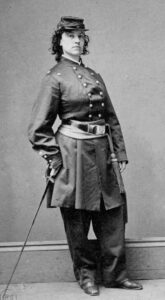
south, forcing the Confederates to retreat from Shelbyville just days before her scheduled hanging.
Her daring exploits captured national attention, and she was recognized by General (later President) James Garfield and awarded the honorary rank of Brevet Major by President Abraham Lincoln. As “Miss Major Pauline Cushman,” she toured the U.S., sharing thrilling stories of her spy adventures and even had one of her plays adapted into a book.
Pauline later married Jeremiah Fryer, and together they ran a hotel in Arizona. After the tragic death of their adopted daughter Emma in 1888, the Fryers separated in 1890. Pauline moved to San Francisco, where she lived alone, working as a maid. She struggled with arthritis and became addicted to laudanum, a common painkiller of the time. Pauline died from a laudanum overdose on December 2, 1893, at the age of 60, with her death discovered by her landlady.
Though largely forgotten by history, Pauline Cushman was remembered by the Grand Army of the Republic and a group of veterans who honored her with a full military burial in San Francisco National Cemetery. Her gravestone bears a simple inscription:
Pauline Cushman’s story is a testament to courage and resilience, illustrating the often-overlooked contributions of women in the Civil War and the complex intersection of performance and espionage during one of America’s most tumultuous periods.

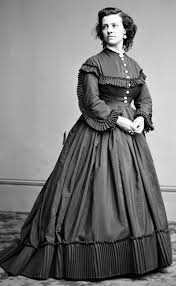
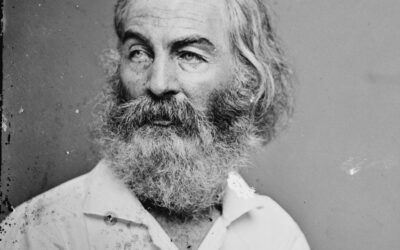
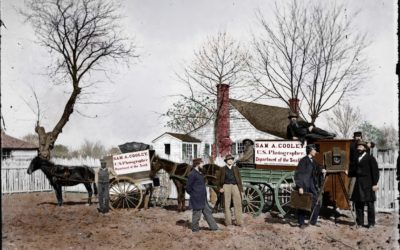
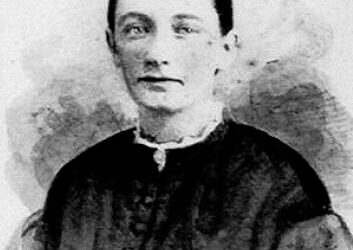
0 Comments